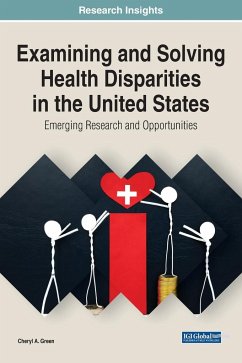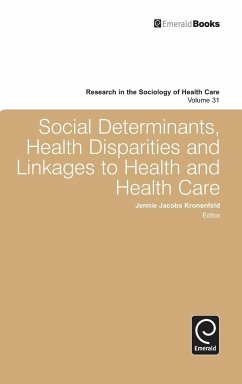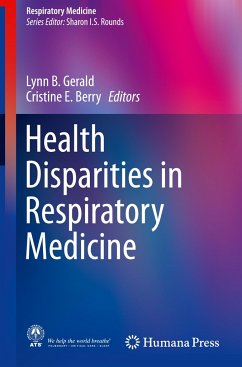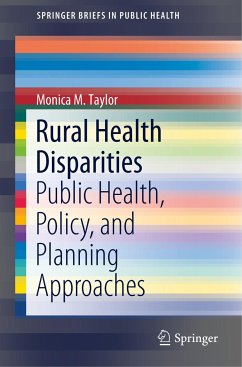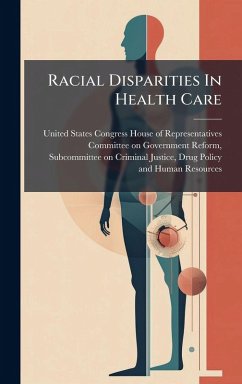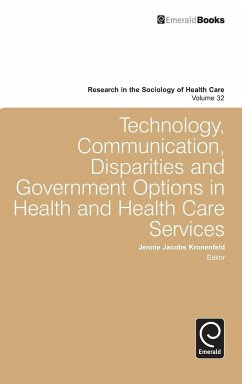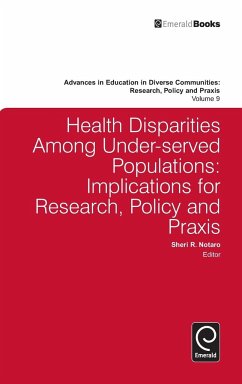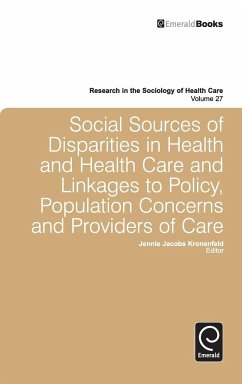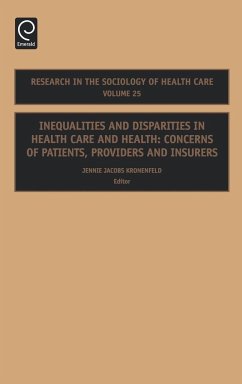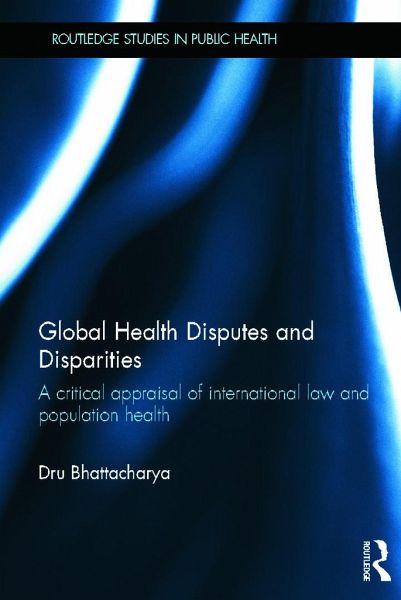
Global Health Disputes and Disparities
A Critical Appraisal of International Law and Population Health
Versandkostenfrei!
Versandfertig in 1-2 Wochen
194,99 €
inkl. MwSt.
Weitere Ausgaben:

PAYBACK Punkte
97 °P sammeln!
Global Health Disputes and Disparities explores inequalities in health around the world, looking particularly at the opportunity for, and limitations of, international law to promote population health by examining its intersection with human rights, trade, and epidemiology, and the controversial issues of legal process, religion, access to care, and the social context of illness. Using a theoretical framework rooted in international law, this volume draws on a wide range of rich empirical data to assess the challenges facing the field, including international legal treaty interpretation, and s...
Global Health Disputes and Disparities explores inequalities in health around the world, looking particularly at the opportunity for, and limitations of, international law to promote population health by examining its intersection with human rights, trade, and epidemiology, and the controversial issues of legal process, religion, access to care, and the social context of illness. Using a theoretical framework rooted in international law, this volume draws on a wide range of rich empirical data to assess the challenges facing the field, including international legal treaty interpretation, and specific issues related to the application of law in resolving pressing issues in gender, access to care, and social determinants of health. In doing so, it illustrates the challenges for implementing rights-based approaches to address health disparities, with profound implications for future regulations and policymaking. It includes both interviews with leading scholars, as well as a variety of case studies from prominent international forums, including formal claims brought before the Human Rights Council and the Committee on the Elimination of All Forms of Discrimination Against Women, as well as regional and national experiences, drawn from disputes in India, Indonesia, South Africa and the USA. This volume is an innovative contribution to the burgeoning fields of global health and human rights, and will be of interest to students and researchers in public health, global health, law and sociology interested in the social determinants of health and social justice from both theoretical and practical perspectives.





